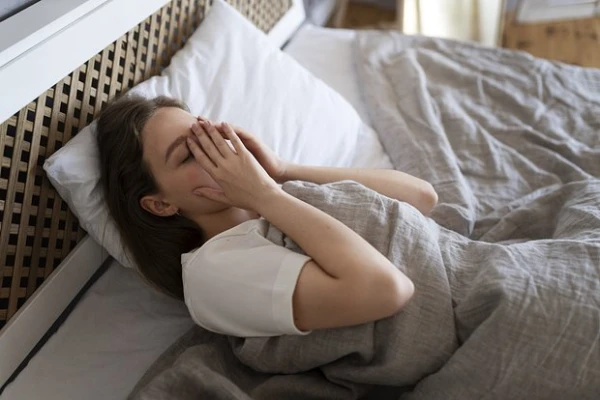
Poor ventilation leads to drowsiness and impaired cognitive functions.
Scientists from Waseda University (Japan) have found that sleep quality is directly dependent on bedroom ventilation — even a slight increase in carbon dioxide concentration can significantly impair rest. The study, published in Science and Technology for the Built Environment (STBE), showed that sleep begins to be disrupted when CO₂ levels in the air exceed 1000 ppm, while optimal conditions are achieved at concentrations no higher than 800 ppm.
An international group of researchers analyzed 17 studies and 22 sets of experimental data to determine the minimum ventilation required for normal sleep. It turned out that existing building codes do not provide sufficient air exchange: to maintain optimal CO₂ levels, at least 8 liters of fresh air per second per person is required, which is about twice the current standards.
According to the lead researcher Mizuho Akimoto, poor ventilation leads to drowsiness, impaired cognitive functions, and an increased risk of cardiovascular diseases. The scientists suggest revising air exchange standards in residential buildings and implementing new standards that allow for a combination of energy efficiency and health care.
The authors believe that maintaining the right microclimate in the bedroom could be as important a factor for longevity as nutrition or physical activity.












